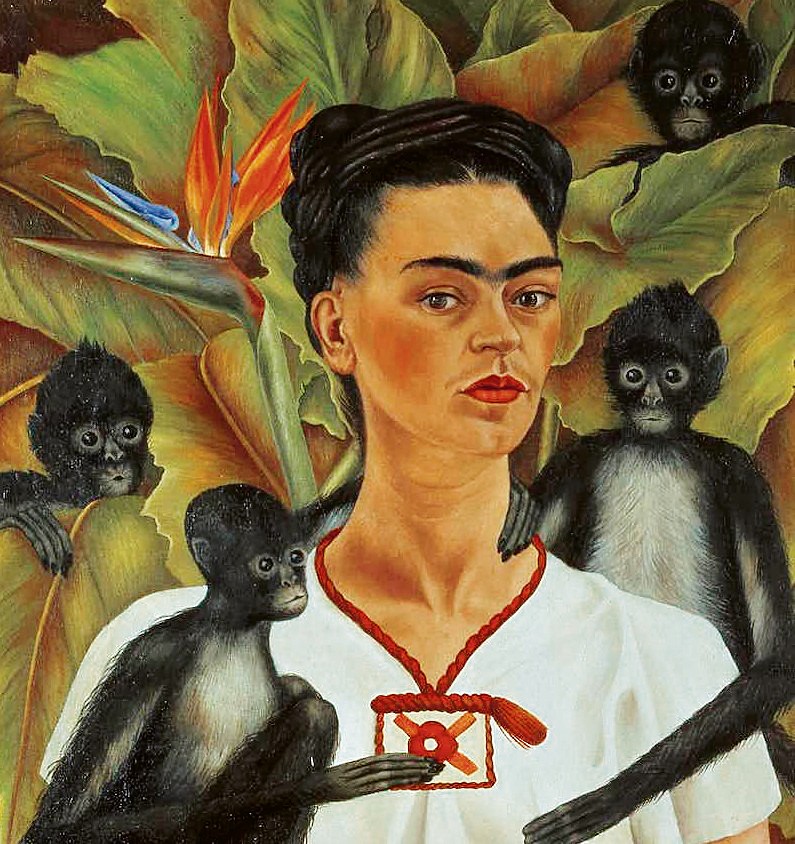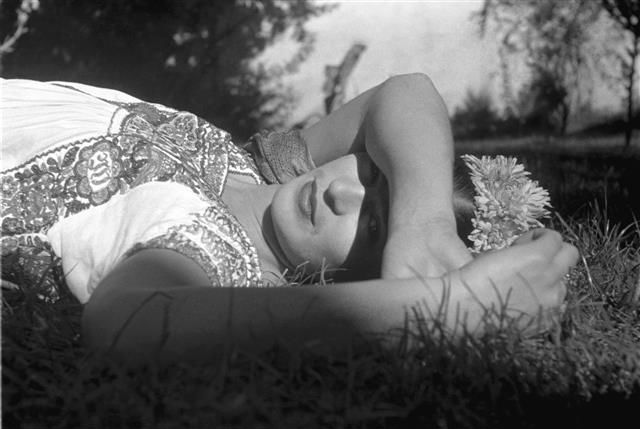Film: Documentary: Frida
Director: Carla Gutierrez
Nonika Singh
A documentary about the life of the famed Mexican painter Frida Kahlo, sourced in her own writings, her works and photographs sure is a daunting task. And on the face of it, appears a bit tedious too. Especially, if you have seen Salma Hayek’s Oscar nominated biopic on her. Yet, Carla Gutierres’s ambitious film is not just another chronicler. As we follow Frida’s unusual journey marked with many vicissitudes, among other things, it’s her art, the wondrous paintings that grab our attention.

What begins simply as a compilation of photographs soon transforms into a fascinating insight into the artist born in 1907. How she hailed as one of the most significant artists of the twentieth century, who saw vibrant colours in the world around her, found true artistic impulses in her own experiences is vividly detailed. So is her personal story, especially her affair with renowned muralist Diego Marcia. Her marriage with him was described as that of ‘an elephant with a dove.’ But of course, at that point in her life, Diego was the toast of the art world, invited to exhibit at MOMA (The Museum of Modern Art) in New York. For a while, the film focuses upon his achievements and commissions more than her and we see more of the person that she was. While some salacious details, including her sexual choices which included women too surface, the idea is never to titillate.
What makes the film absorbing is her art and how it became an integral part of her being. Her canvasses animated by the makers remain the most memorable part of the film. Her unusual style was described as surreal, a term interestingly Frida was unaware of. The surreal poet Andre Breton, who took her art to the US and France, considered it as part of surrealism movement. After a failed exhibition in France, Frida grew disenchanted with surrealism and dubbed it as ‘decadent manifestation of bourgeois art.’
For Frida, painting was her reality and not flight of fancy. Indeed, her self-portraits are a deep dive into her life, her mind and emotions. From her love for Diego whom she remarried after a divorce to a miscarriage to her recurring ailments, much can be seen in her evocative paintings brimming with expressions and enigma.
As her health deteriorated, a fall out of a bone-crushing accident at 17, colours changed their meaning for her. The sun-kissed yellow became the colour of sickness and red that of blood. But just when her dear ones gave up on her, she found the courage to paint again even landed up at her first solo exhibition in Mexico in an ambulance. Surprisingly, her first exhibition in her homeland came rather late, almost close to her death. The film follows a linear graph, and may not detail everything that she or her paintings truly stood for. Yet, it makes for a throbbing portrait of an artist whom the world lost in 1954.
Fine editing by the director Carla and David Teagu, which won them the US Documentary Jonathan Oppenheim Editing Award at 2024 Sundance Film Festival, ensures her art is finely juxtaposed with her life’s momentous moments. Sound design (music by Victor Hernández Stumpfhauser) enhances the poignancy of her art. “My painting carries with it the message of pain.”
Her observations about Mexican culture, capitalism and her communist ideology are well accounted for. Interestingly, the feminist and the artist in Frida blossomed almost at the same time. When she married Deigo again, one of her pre-conditions was that she would pay 50 per cent of the household expenses. The film brings both her indefatigable spirit and artistic temper to life. Must watch, if you are an art aficionado. And an interesting viewing experience if you put value on stories of human grit untainted by greed and powered by passion. The 88-minute film streams on Amazon Prime Video.














